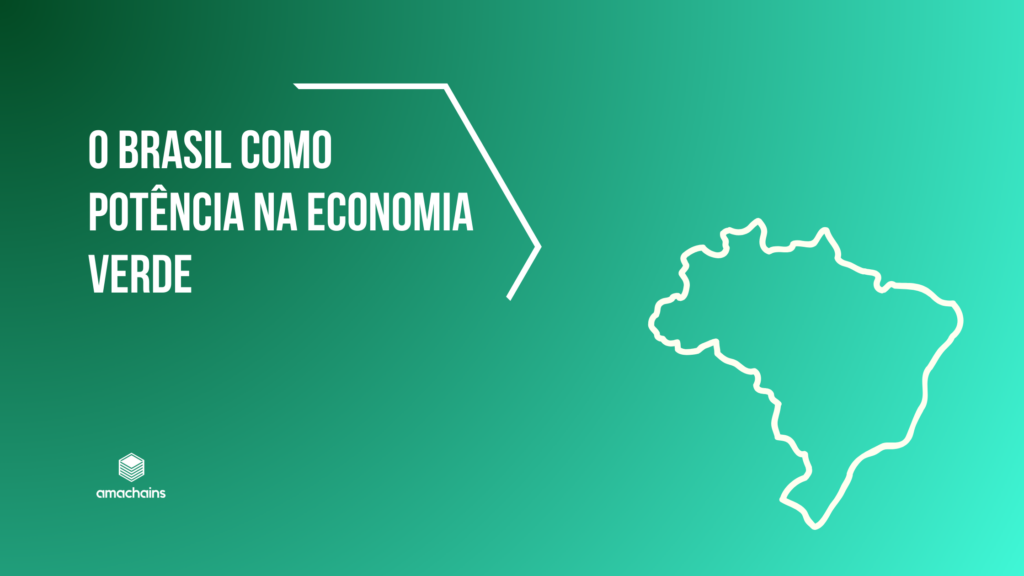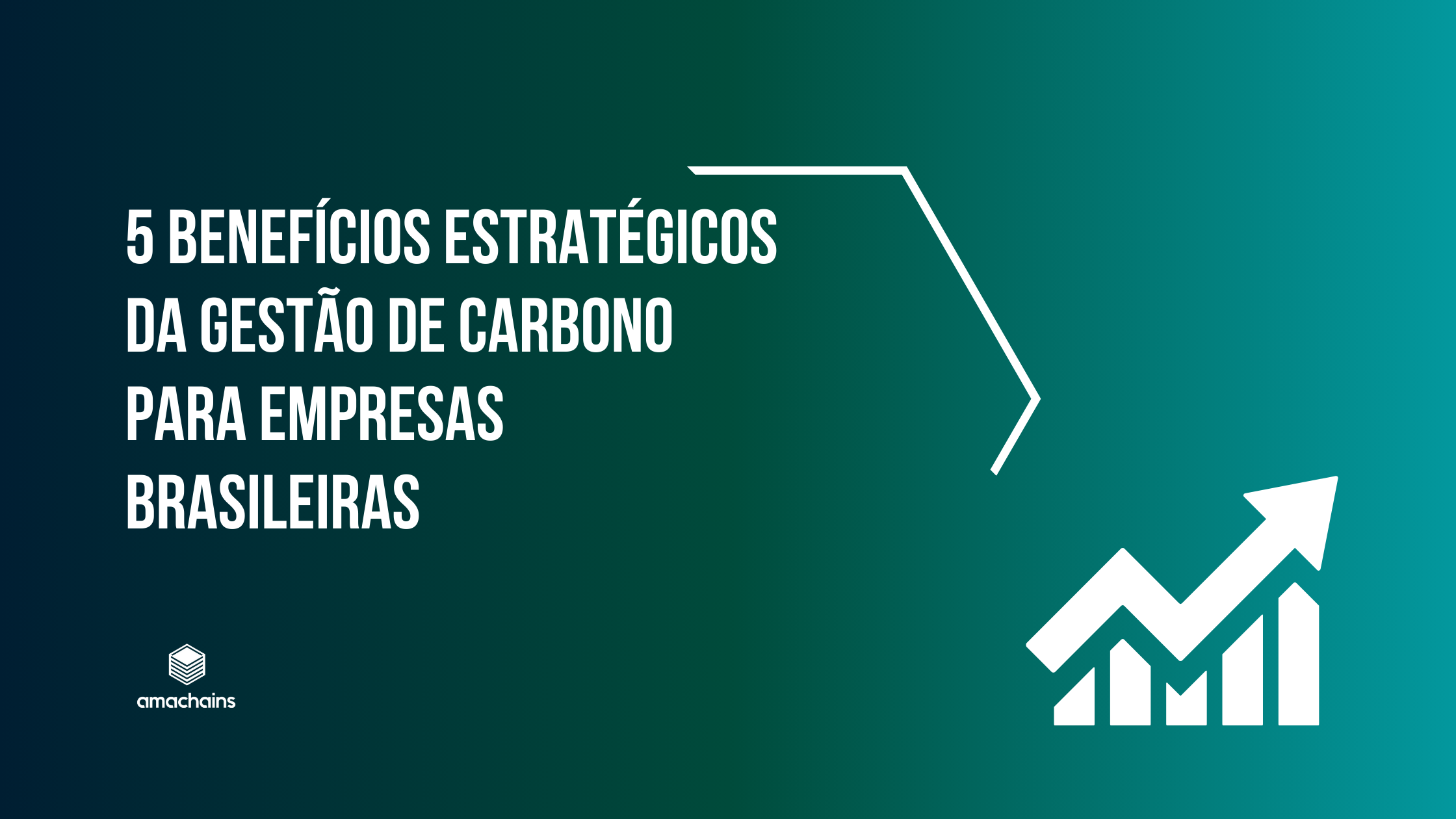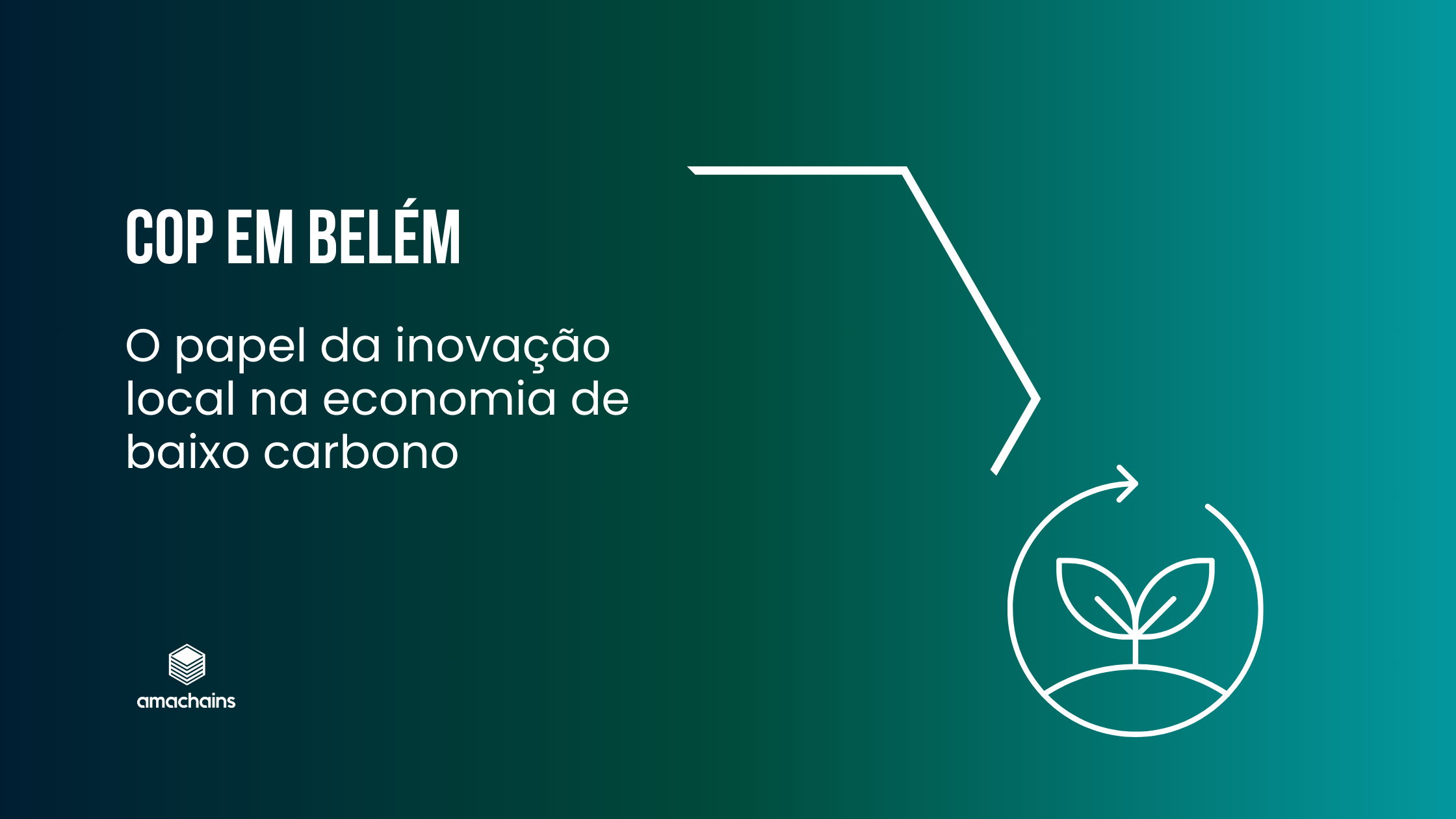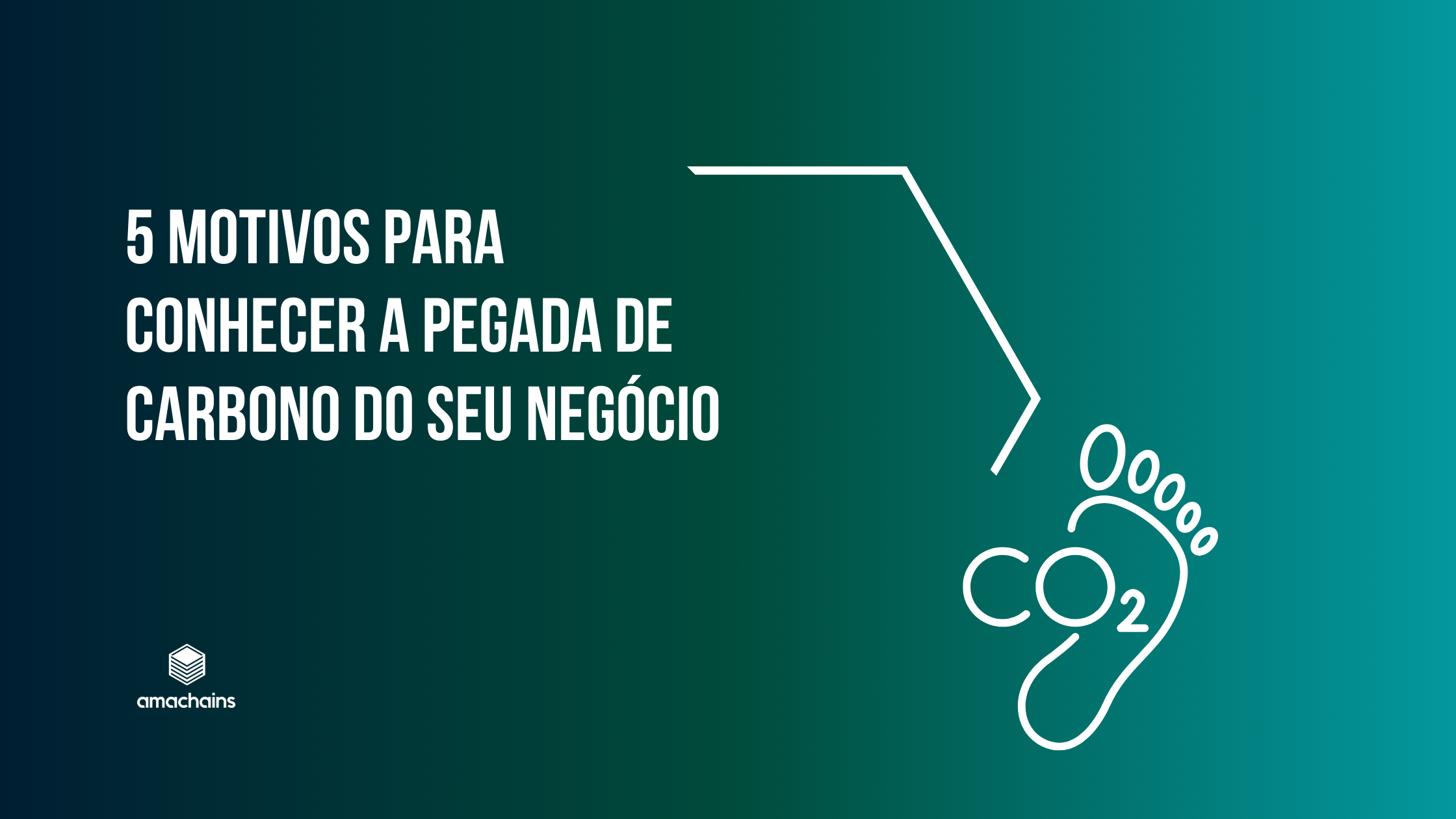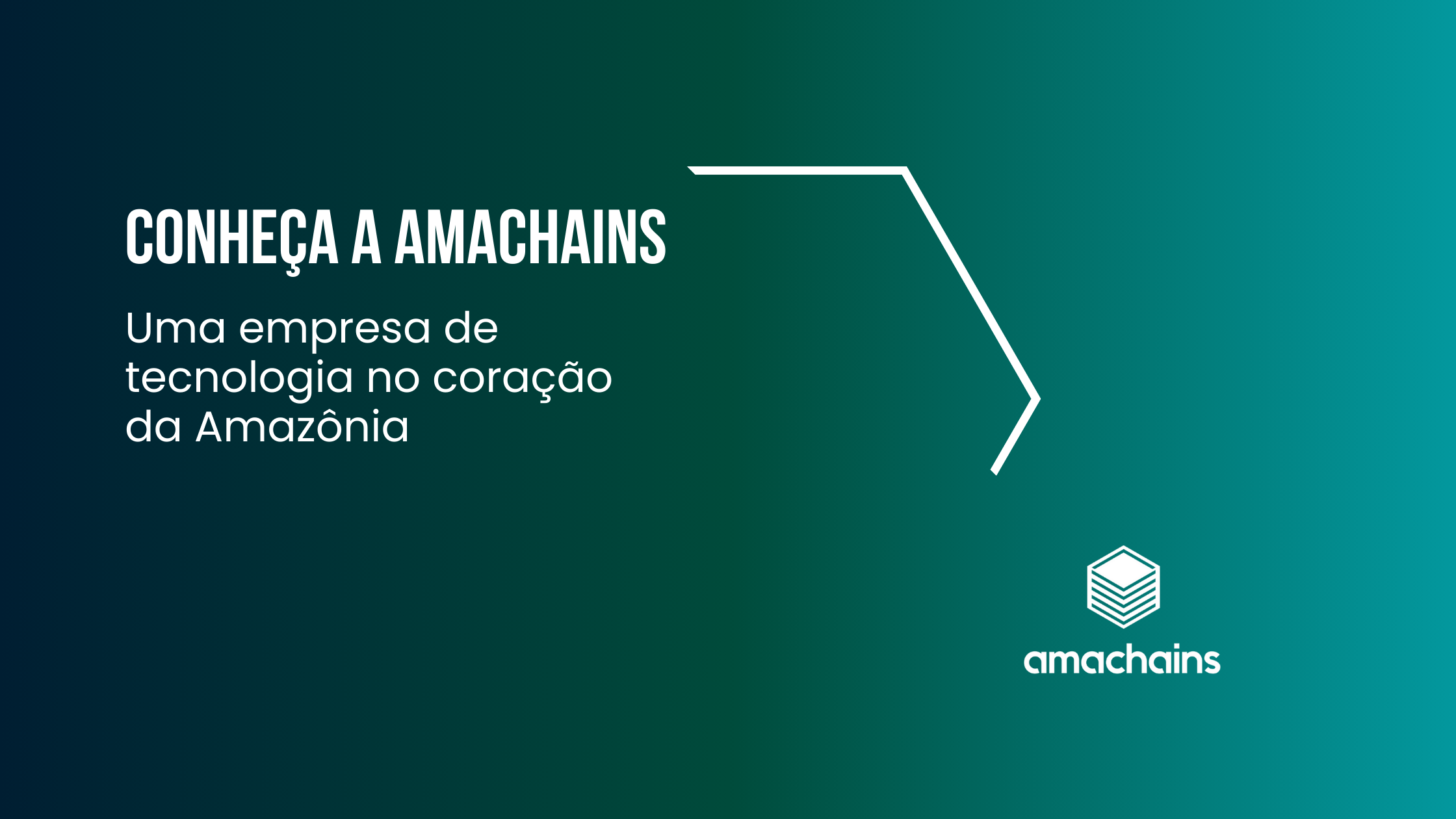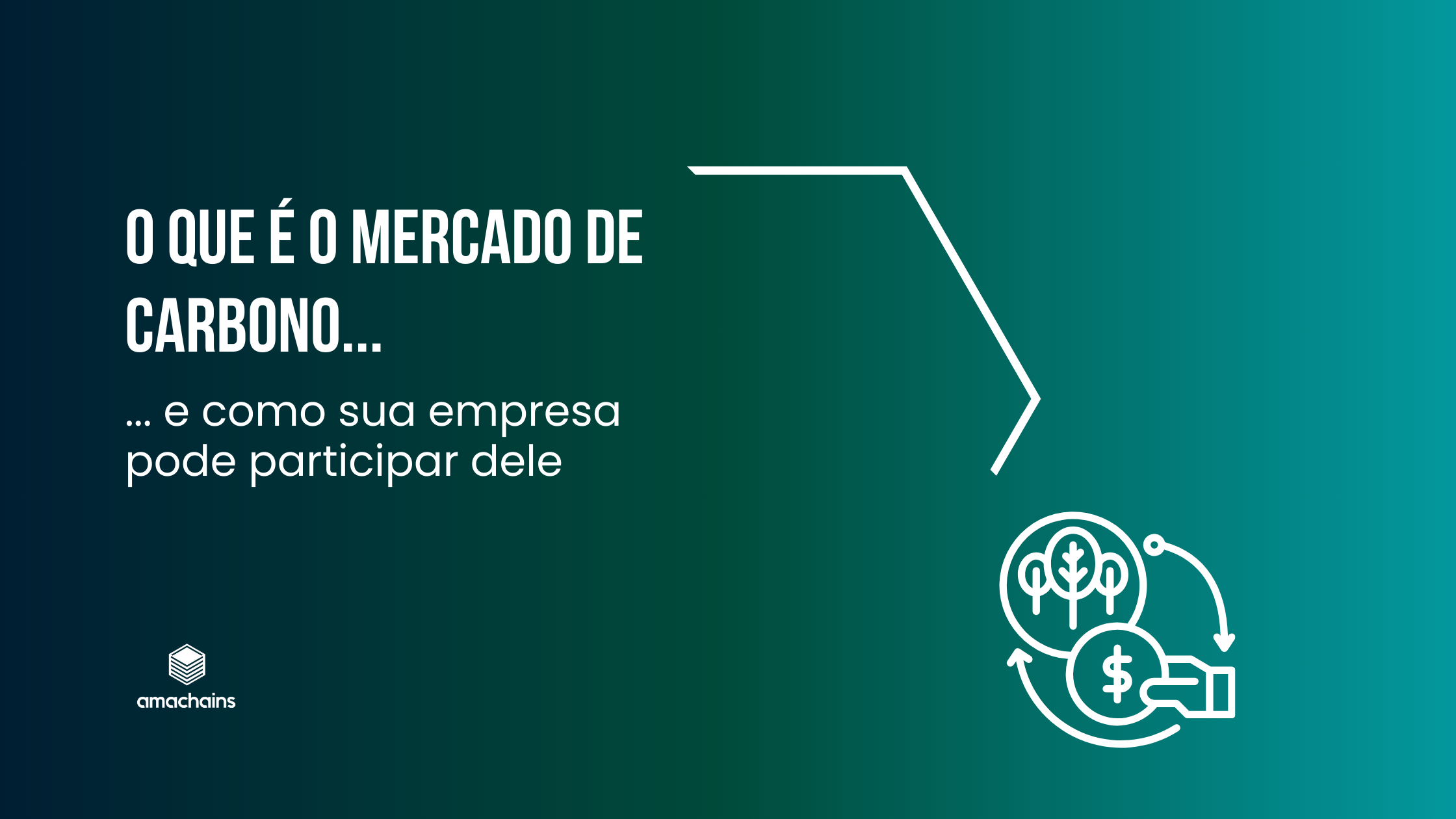The green economy has emerged as a response to global challenges, from climate change to the scarcity of natural resources. As the world turns to more sustainable solutions, Brazil is emerging as a vital player in this movement.
To understand what the green economy is, read this article.
With an unparalleled wealth of biodiversity, Brazil is uniquely positioned to lead the transition towards a greener, more prosperous future.
The Brazilian Context
Brazil, known for its vast Amazon rainforest and natural resources, plays a crucial role in the global green economy. With its immense territorial extension and biodiversity that is home to an extraordinary number of plant and animal species, the country holds an unparalleled environmental heritage. This diversity not only offers opportunities for conservation, but also for innovation and sustainable development.
Carbon market
With almost 60% of its territory made up of forest areas, Brazil has enormous potential for generating carbon credits, if projects to encourage environmental preservation are created.
Brazil accounts for 15% of the country's carbon credit potential world
Renewable Resources and Clean Energy
One of the pillars of the green economy is the transition to renewable energy sources. In this regard, Brazil stands out for its energy matrix, where hydroelectric power already plays a significant role. In addition, the country has immense potential in solar and wind energy, especially in regions such as the Northeast, where sunlight is high and winds are constant.
Biodiversity and Biotechnology
Brazil’s lush biodiversity not only contributes to the health of the planet, but also offers significant economic opportunities. Brazil’s rich flora and fauna fuel industries such as pharmaceuticals, cosmetics and functional foods, where biotechnology plays a crucial role. Investing in research and development in these sectors not only promotes environmental conservation, but also drives innovation and the creation of skilled jobs.
Sustainable Agriculture
Brazil is an agricultural giant, being a leading exporter of commodities such as soybeans, coffee, beef and sugar. However, the country also faces challenges related to agricultural expansion and deforestation. Adopting sustainable agricultural practices, such as conservation agriculture and crop-livestock-forest integration, can not only increase productivity but also reduce environmental impacts and promote the resilience of agricultural systems in the face of climate change.
Challenges and Opportunities
Despite its immense potential, Brazil faces significant challenges in transitioning to a green economy. Issues such as deforestation in the Amazon, waste management and the need for sustainable infrastructure require immediate action and cooperation between government, the private sector and civil society.
However, these challenges also represent opportunities for Brazil to stand out as a global leader in sustainability. Implementing effective public policies, encouraging technological innovation and strengthening international cooperation are key to fully harnessing the country’s potential in the green economy.
Global power in the green economy
Brazil faces a unique opportunity to lead the global transition to a more sustainable and inclusive economy. With its vast natural wealth, renewable energy expertise, unparalleled biodiversity and creative and entrepreneurial people, the country has the resources and potential to become a powerhouse in the green economy.
To achieve this goal, a collective commitment to sustainability is crucial, from the government to the private sector and society as a whole. Only through an integrated and collaborative approach will Brazil be able to fully unlock its potential in the green economy and pave the way for a more prosperous and sustainable future for all.
